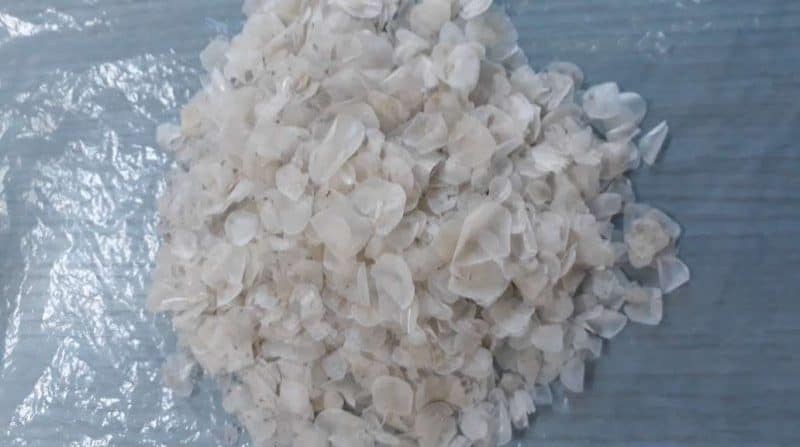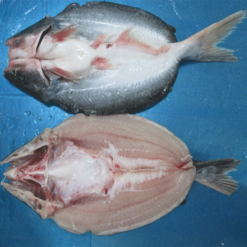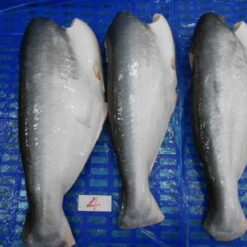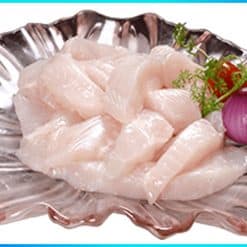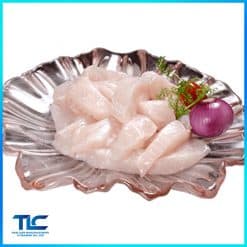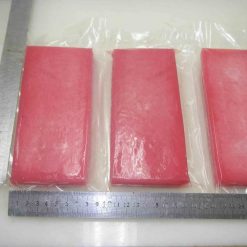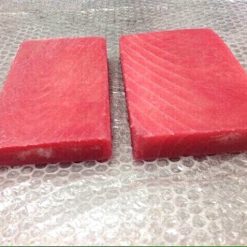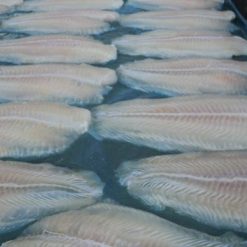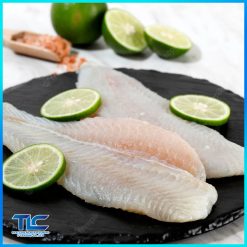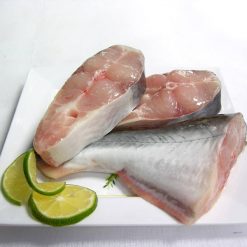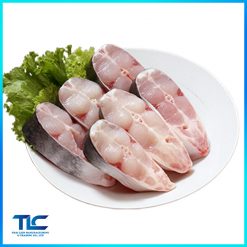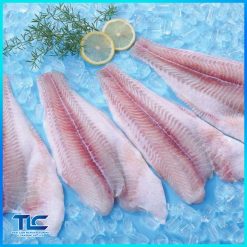Benefits Of Skin And Scale
Fish collagen (fish skin & scale), also known as marine collagen, is essentially the superhero of collagens sourced from animals. So what exactly makes fish collagen, a Type I collagen, such a natural gem? To put it simply, it beats other collagens in both bioavailability and absorption thanks to it having the smallest particle size and lowest molecular weight out of all other collagen types. Being incredibly beneficial to the health of your skin (your body’s largest organ) and bones, the glycine- and proline-rich collagen found in fish will impress you as you read more about it!
Structure of Fish Collagen
Fish collagen is made up of mostly Type I collagen. Consisting of mostly one type of collagen doesn’t mean it is inferior to bovine collagen, which has both Type I and Type III. Type I collagen is found just about everywhere in the body except for cartilaginous tissue. It is the type of collagen that makes up 70% of our skin and is itself the most abundant collagen in the body, so you can already see how fish collagen can become your skin’s best friend. Type I collagen can do a number of positive things for your skin, from reversing the aging process and decreasing the prominence of wrinkles and cellulite, to enhancing your skin hydration and firmness.
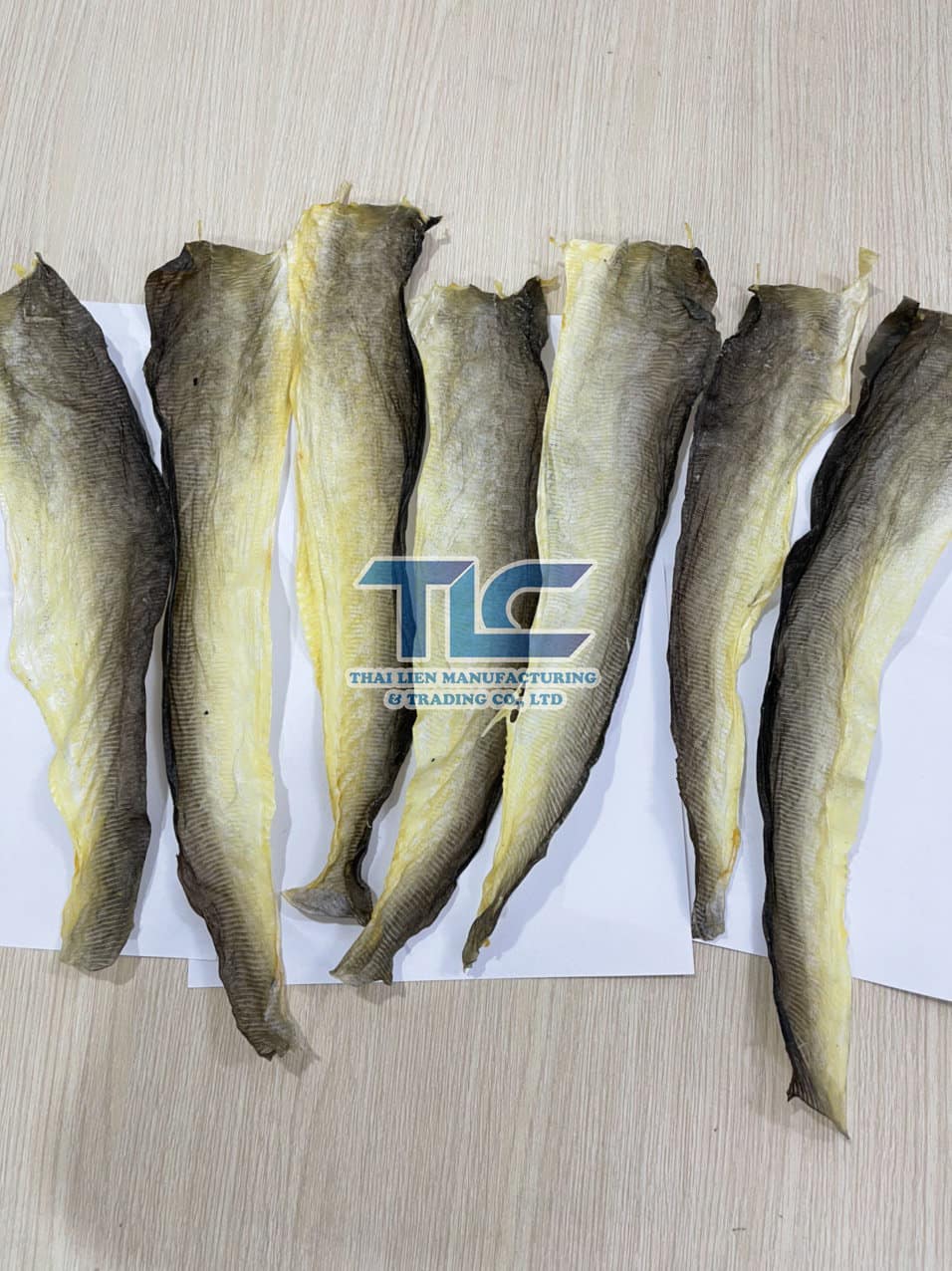
Because fish collagen is indeed a Type I collagen, it is rich is two particular amino acids: glycine and proline. Glycine is foundational to DNA and RNA strand creation, while proline is foundational to the human body’s ability to naturally produce its own collagen. Considering glycine is vital to our DNA and RNA, it holds many significant functions for the body, including blocking endotoxin and transporting nutrients for body cells to utilize for energy. While proline can act as an antioxidant for the body and can prevent cell damage from free radicals, its number one function is to ensure collagen synthesis by helping in the stimulation of the process within the body.
Where Do Fish Collagen Peptides Come From?
Fish collagen comes from fish
This may be no surprise to you. However, what makes the fact that fish collagen comes from fish so special is the incredible abundance of marine sources. It is estimated that 60% of fish bi-product is thrown away as waste. Fish skin, which is rich with collagen, is typically a large portion of this. Collagen can also be extracted from not only the skin of the fish (though it is primarily taken from here), but the scales, fins, and bones as well.
While fish collagen can come from either the skin or scales of the fish, collagen that comes from fish skin has a lot more benefits. Since fish skin is soft, the collagen from the fish skin can be removed easily without heat or enzymes. Collagen that comes from fish scales, on the other hand, is removed using hydrochloric acid which is harmful to our health. Also, the process of extraction uses heat which can destroy the collagen peptides.
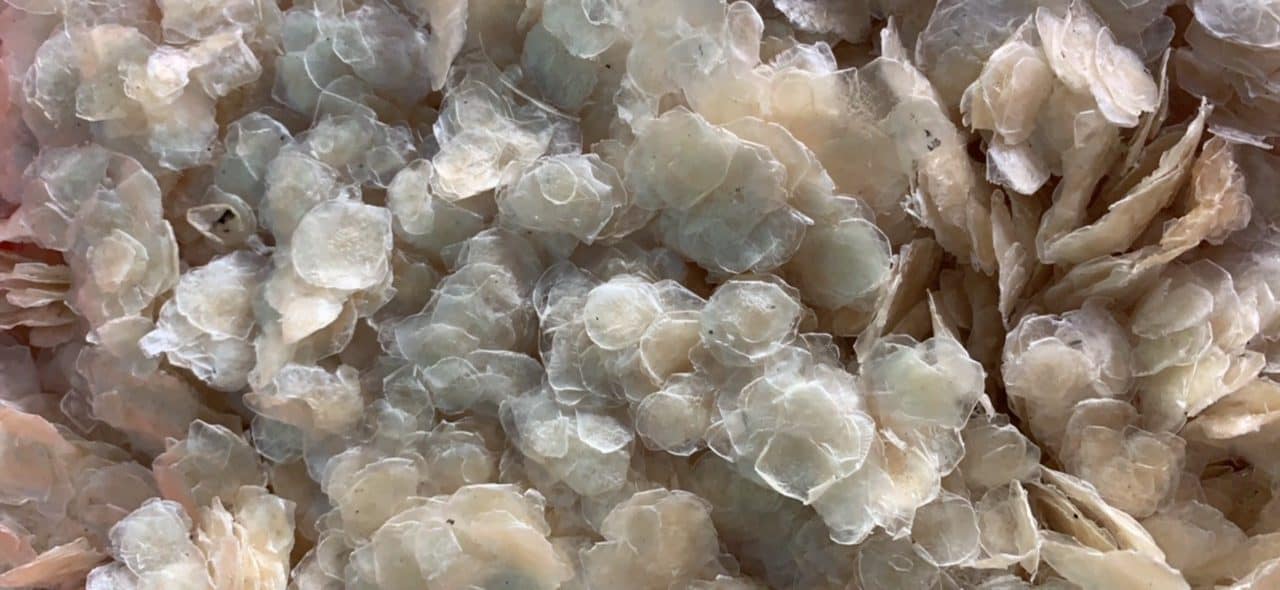
Marine collagen and fish collagen
Marine collagen and fish collagen tends to be used interchangeably, however, note that marine collagen does not always necessarily come from saltwater fish. Some marine collagens may be taken from shellfish and jellyfish instead. Additionally, it is important to consider whether the fish is wild caught or farm raised. Farm raised fish are often fed antibiotics and treated with pesticides. So, when you eat farm raised fish, you might be getting unwanted antibiotics and pesticides! Wild caught fish has a lot more benefits, including a lower mercury content and higher concentrations of nutrients such as Omega 3s. Always be sure to research where your fish collagen is coming from!
Fish collagen’s bioavailability is of the highest amongst the other types of collagen. This means fish collagen can get absorbed the fastest into your body. Collagen from fish has the smallest particle size, meaning it breaks down much faster and absorbs into the body than other collagens. The fish collagen is able to enter your bloodstream at a higher rate, especially if that collagen is hydrolyzed. You’ll be reaping the benefits of fish collagen sooner; what’s not to love?
What Are the Health Benefits of Fish Skin & Scale?
We mentioned all the science-related facts about fish collagen, but we’re sure you want to know the concrete health benefits this type of collagen can actually provide you. Here are 5 health benefits of fish collagen:
Health Benefit 1. Look young again!
Fish collagen has become quite the beauty craze. It has been shown to have anti-aging properties, particularly for your skin. Collagen in our skin actually begins to break down at the rather young age of 21. As we get older, we continue to lose more and more of our own collagen, and considering Type I collagen makes up 70% of our skin, replenishing it is important for maintaining healthy, happy, youthful skin. Fish collagen may decrease the amount of wrinkles and appearance of cellulite in our skin. In addition, supplementing with fish collagen may help improve skin hydration, firmness, smoothness, elasticity, and suppleness!
Health Benefit 2. Say goodbye to unsightly scars!
This is all thanks to fish collagen being a Type I collagen – it will be your skin’s best friend. Collagen is a major component in the dermal matrix of skin. In other words, the fate of the condition of your wounds is really up to your collagen. Remember, collagen is a protein that not only builds; it repairs, too. Fish collagen may be helpful for alleviating your scars and ensuring faster healing altogether. This type of collagen has been studied for its role in promoting protein synthesis and cell proliferation. Collagen can support skin tissue strength by regenerating the extracellular matrix of your skin. All of this jargon is to simply say that fish collagen may promote the regeneration of skin after a multitude of skin injuries and deformations, from scratches to burns to scars.
Health Benefit 3. Fish Skin & Scale Help Build up your bone strength!
Skin isn’t the only part of the body supplementing with fish collagen can benefit! Collagen makes up 90% of the organic matrix of our bones. One of the most common signs of aging is the loss of bone mass. This can lead to osteoporosis, a condition that millions of people across the world suffer from. While minerals like phosphorus and calcium are great for promoting and maintaining bone strength, they are not easy to absorb into the bloodstream. That’s why many people are at risk for bone diseases due to bone loss and mineral deficiencies. Fish collagen may help your bone strength by supporting the absorption process of calcium and other minerals that are vital for bone strength.
Supplementing with fish collagen may help stimulate collagen synthesis in the bones, which is done by promoting osteoblasts (cells that help build the bone matrix). This means that fish collagen may help regenerate and heal your bones!
[masterslider id=”1″]Health Benefit 4. May stabilize your blood sugar!
Glycine has been studied for its various benefits to the human body, and fish collagen is uniquely packed with higher levels of glycine than any other types of collagen! And the glycine in fish collagen may help stabilize blood sugar. Researchers have recently found evidence that low levels of glycine in the body may lead to insulin resistance which can lead to diabetes. Indeed, in a 2016 study conducted by the Alberta Diabetes Institute, people with type 2 diabetes have been found to have low levels of glycine in their bodies. Therefore, supplementing with glycine rich fish collagen may help stabilize your blood sugar levels and prevent insulin resistance glycine.
Health Benefit 5. May Reduce inflammation and fight bacteria!
Fish collagen just seems to sound better and better, doesn’t it? Here’s another benefit! Hydrolyzed fish collagen consists of bioactive peptides that have antioxidant properties. These properties can help in the reduction of reactive oxygen species, which are unstable molecules containing oxygen that cause the aging of tissues and put people at higher risks of cancer. Fish collagen can provide antioxidants, which then can fight against the accumulation of those reactive oxygen species, boosting the immune system and reducing inflammatory responses throughout the body.
The same bioactive peptides found within fish collagen also have antibacterial properties. These peptides, particularly the peptide collagencin, may help inhibit the growth of infections as well as bacteria that cause disease. Research is continuing to be done in order to explore the potential of fish collagen peptides as antibiotics!
Fish Collagen/ Fish Skin & Scale Nutrition Facts
Serving Size: 6.6 grams
Calories: 26, Protein: 6.4 g, Sodium: 51 mg, Fat: 0g, Carbohydrates: 0g, Sugar: 0g
Maybe It’s Time to Add Fish Collagen to Your Diet!
The great thing about fish collagen peptides is that they can go in a variety of different recipes. If you thought that you’d have to limit yourself to collagen smoothies, think again!
You can find lots more recipes with collagen on Further Food.
SUMMARY:
- Fish collagen, otherwise known as marine collagen, has lots of benefits due to its high bioavailability and absorption.
- it is made up of Type 1 collagen which makes up 70% of our skin and is the most abundant collagen in the body.
- Fish collagen is rich in the amino acids lysine and proline which perform essential functions in the body.
- It made from the skin of fish has more benefits that fish collagen made from the scales of fish.
- Fish collagen is absorbed 1.5 times faster than bovine collagen, meaning it gets to work faster and more efficiently.
- Supplementing with fish collagen may improve the appearance of skin, including reducing the appearance of wrinkles and scars.
- Supplementing with fish collagen may help promote bone strength.
- The glycine in fish collagen may help to stabilize blood sugar.
- Fish collagen also has antioxidant and antibiotic properties.

